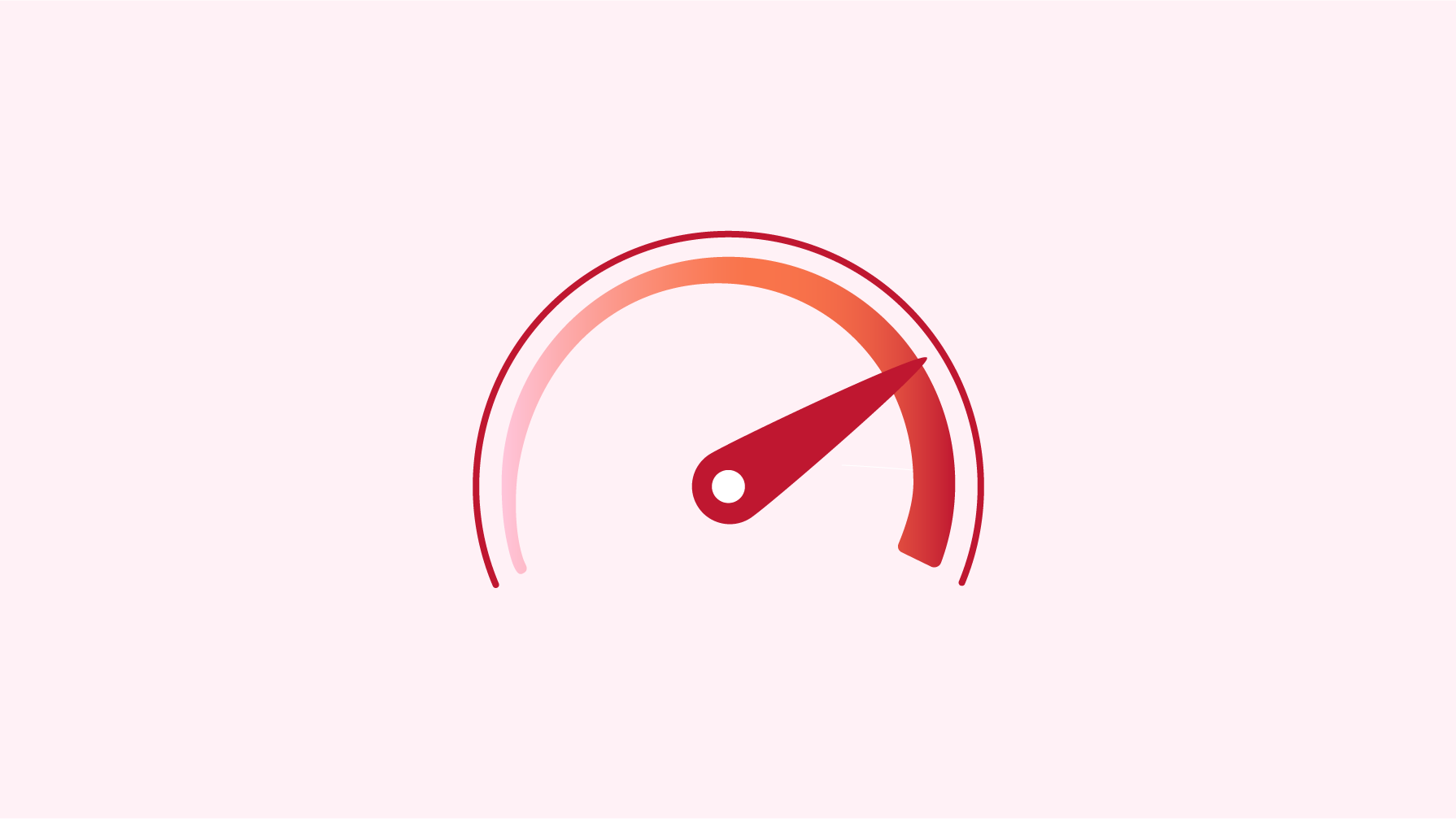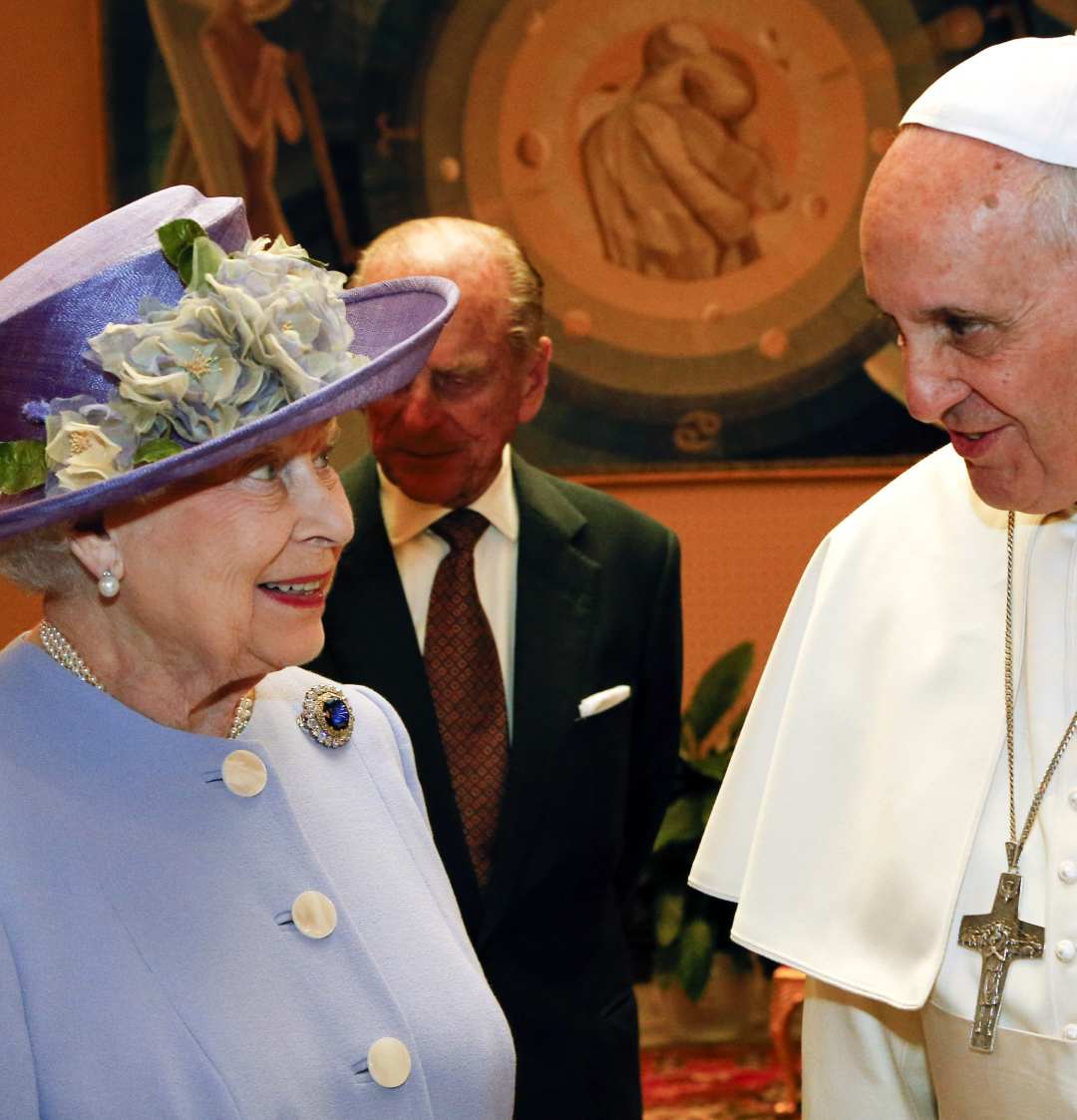So, How Much Money Should I Have Saved by the Time I'm 30?
It's a marathon, not a sprint.

In November of 2017, personal finance journalist Jean Chatzky tweeted that a 30-year-old should aim to have the equivalent of a year's salary saved for retirement. She added that 40-year-old should aim to have saved the equivalent of three times their annual salary; a 50-year-old, six times; a 60-year-old, eight times; and a retiree, ten times their salary. The internet lost its collective mind over Chatzky's parameters, describing them as unrealistic.
Ultimately, saving your money is a marathon, not a sprint, and one that everyone must do at their own pace. For what it's worth, Fidelity advises pretty much the same thing as Chatzky, but spared itself the vitriol by not tweeting about it. T. Rowe Price, meanwhile, cuts you a little slack: aim to have half your annual income saved by 30, and the equivalent of a year's both by 35.
The fuss over how much one "should" have saved by the age of 30 reminds me of the time a financial services company came to the office and gave us benchmarks of what we should have saved by a certain age. Many of us felt deflated. The numbers seemed so daunting, people felt they were behind before they had even begun. And if saving seems like an impossible goal, you can feel too defeated to even try—like, What is even the point?
Here's the thing. Generalities are just that: general. Think guidelines, not commandments. I don’t know what your salary is, where you live, the cost of living there, what your bills amount to, if you have student or medical debt, if you’re in graduate school, whether you’re helping support family or others, if you’re a single parent, if you've lost fiscal ground because of divorce, if you’re unemployed or underemployed or recovering from a spell of joblessness. You get the idea—a ton of specifics affect your ability to save. And I don't know what kind of retirement you want to have, which helps determine how much you'll need to get there.

So, as someone who’d rather not be raked over the coals or make anyone feel bad, I won’t give you a number. Mostly because I can’t. My advice amounts to this: Try to save 10 percent of gross income. Then, as your salary progresses, work your way up to 20. Even if you save less than 10 percent, that’s something.
But I'm no expert, so I went to one to ask her about it. "There are no required benchmarks you need to hit by a certain age," says Shannon McLay, CEO and founder of The Financial Gym. "As a general gauge, we recommend striving for five key numbers; saving 15 percent of your gross monthly income, having a six-month emergency fund, achieving a 750 credit score, maintaining two investment accounts, and keeping your debt-to-income percentage to 35 percent."
She adds: "While these numbers offer guidelines from which you can create goals, it's crucial to stress that finances are fixable, and you should not feel ashamed if your numbers don't match! In the end, it's much more important to focus on your personal financial goals rather than measuring them against a general rule of thumb."
Stay In The Know
Get exclusive access to fashion and beauty trends, hot-off-the-press celebrity news, and more.
Theodore Roosevelt once said, “Comparison is the thief of joy.” If you’re going to be motivated or inspired by others, cool. But if you’re only going feel inferior or like a failure, don’t. That said, if you are the type who likes to see how you're doing compared to others, knock yourself out with these figures:
- Per Fidelity, the average 401k balance for females aged 30-34 is $27,300 (for males in same age group, it's $34,000).
- Per Vanguard’s How America Saves 2019 report, the average 401k balance for a person aged 25-34 is $21,970.
- Per an April 2019 survey conducted by the Transamerica Center for Retirement Studies, estimated median retirement savings for Millennials (defined by the center as born between 1979 and 2000) is $23,000.
- Then there’s this guy, who says a 30-year-old should target a 401k balance between $100,000-$300,000.
Still, remember: Marathon, not a sprint. Go at the pace you're comfortable with.
For more stories like this, including celebrity news, beauty and fashion advice, savvy political commentary, and fascinating features, sign up for the Marie Claire newsletter.
RELATED STORIES


Riza Cruz is an editor and writer based in New York.
-
 I Injected My Body's "Liquid Gold" to Address Undereye Fine Lines and Dark Circles
I Injected My Body's "Liquid Gold" to Address Undereye Fine Lines and Dark CirclesBut would I do it again?
By Michelle Rostamian
-
 Queen Elizabeth Gave the Perfect Response When Pope Francis Presented Her With Priceless Gifts for Prince George
Queen Elizabeth Gave the Perfect Response When Pope Francis Presented Her With Priceless Gifts for Prince GeorgeThe late pope spared no expense when it came to treating the infant prince in 2014.
By Kristin Contino
-
 Want Healthier-Looking Hair? This Unexpected Beauty Product Might Be the Answer
Want Healthier-Looking Hair? This Unexpected Beauty Product Might Be the AnswerSkip the shampoos, glosses, and treatments.
By Marie Claire Editors
-
 Peloton’s Selena Samuela on Turning Tragedy Into Strength
Peloton’s Selena Samuela on Turning Tragedy Into StrengthBefore becoming a powerhouse cycling instructor, Selena Samuela was an immigrant trying to adjust to new environments and new versions of herself.
By Emily Tisch Sussman
-
 This Mutual Fund Firm Is Helping to Create a More Sustainable Future
This Mutual Fund Firm Is Helping to Create a More Sustainable FutureAmy Domini and her firm, Domini Impact Investments LLC, are inspiring a greater and greener world—one investor at a time.
By Sponsored
-
 Power Players Build on Success
Power Players Build on Success"The New Normal" left some brands stronger than ever. We asked then what lies ahead.
By Maria Ricapito
-
 Don't Stress! You Can Get in Good Shape Money-wise
Don't Stress! You Can Get in Good Shape Money-wiseFeatures Yes, maybe you eat paleo and have mastered crow pose, but do you practice financial wellness?
By Sallie Krawcheck
-
 The Book Club Revolution
The Book Club RevolutionLots of women are voracious readers. Other women are capitalizing on that.
By Lily Herman
-
 The Future of Women and Work
The Future of Women and WorkThe pandemic has completely upended how we do our jobs. This is Marie Claire's guide to navigating your career in a COVID-19 world.
By Megan DiTrolio
-
 Black-Owned Coworking Spaces Are Providing a Safe Haven for POC
Black-Owned Coworking Spaces Are Providing a Safe Haven for POCFor people of color, many of whom prefer to WFH, inclusive coworking spaces don't just offer a place to work—they cultivate community.
By Megan DiTrolio
-
 Where Did All My Work Friends Go?
Where Did All My Work Friends Go?The pandemic has forced our work friendships to evolve. Will they ever be the same?
By Rachel Epstein
